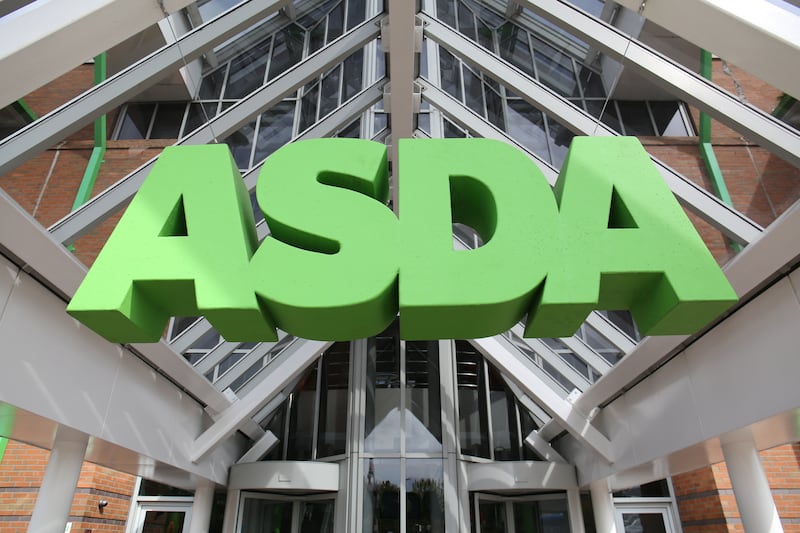THE average household in the north has a miserly £97 a week left for spending once all its priority bills are settled, the latest Asda income tracker says.
That's £4.60 a week less than in April-June period last year - and plunges household discretionary income to its lowest level since 2015.
By comparison, Londoners have £266 spare change at the end of their week.
And for those in Northern Ireland, it takes holidays, nights-out and big-ticket purchases like new furniture off the agenda for most families.
It also underlines that fact that, with the overall economy being squeezed, many private sector businesses in the north aren't giving their staff a rise anywhere close to the rising inflation rate.
The Asda tracker says low wage growth and the reliance of the Northern Ireland economy on the public sector are negatively impacting family spending.
In the UK as a whole, it found that 40 per cent of consumers are planning a 'staycation’ this summer, though falling oil prices have eased the pressure on fuel prices over recent months with cheaper fuel being one of the main contributors to the falling inflation rate compared to May.
Fuel is still showing inflation year on year, but is only 4.1 per cent higher than it was in the same month last year.
Two categories that created additional pressure on household budgets were electricity, with a rate of inflation of 7.7 per cent in June, and alcohol and tobacco, for which prices increased by 5.1 per cent year-on-year.
The latest labour market data have revealed that the employment rate across the UK has risen to an all-time high of 74.9 per cent, but wages growth has not yet followed this trend with little movement each month. With inflation still higher than wage growth, the pressure continues to mount on families’ spending power.
The latest insight from Asda’s pulse of the nation survey has shown that despite inflation easing in June, customers are still less optimistic about the economy.
Some 46 per cent of consumers believe that their disposable income will fall over the next month, whilst 78 per cent think their day to day cost of living will increase.
Kay Neufeld, economist at the Centre for Economics and Business Research (Cebr), said: “Family spending power has decreased for the third consecutive month in June, and although lower inflation eases the pressure on households’ budget somewhat, rising food prices continue to drive up the cost of essential spending.
“The comparison between the second quarters of 2016 and 2017 shows that the gains in spending power made over the second half of last year have been reversed.
"On a regional level, this reversal of fortunes for households was most pronounced in Northern Ireland and Wales due to higher unemployment and weaker wage growth compared to other regions."
She added: “For families going on vacation in the UK, cheaper fuel prices will be a welcome factor holding costs down. But prices for hotels and restaurants have been on the rise for some time now and are likely to more than offset savings at the pump.”








